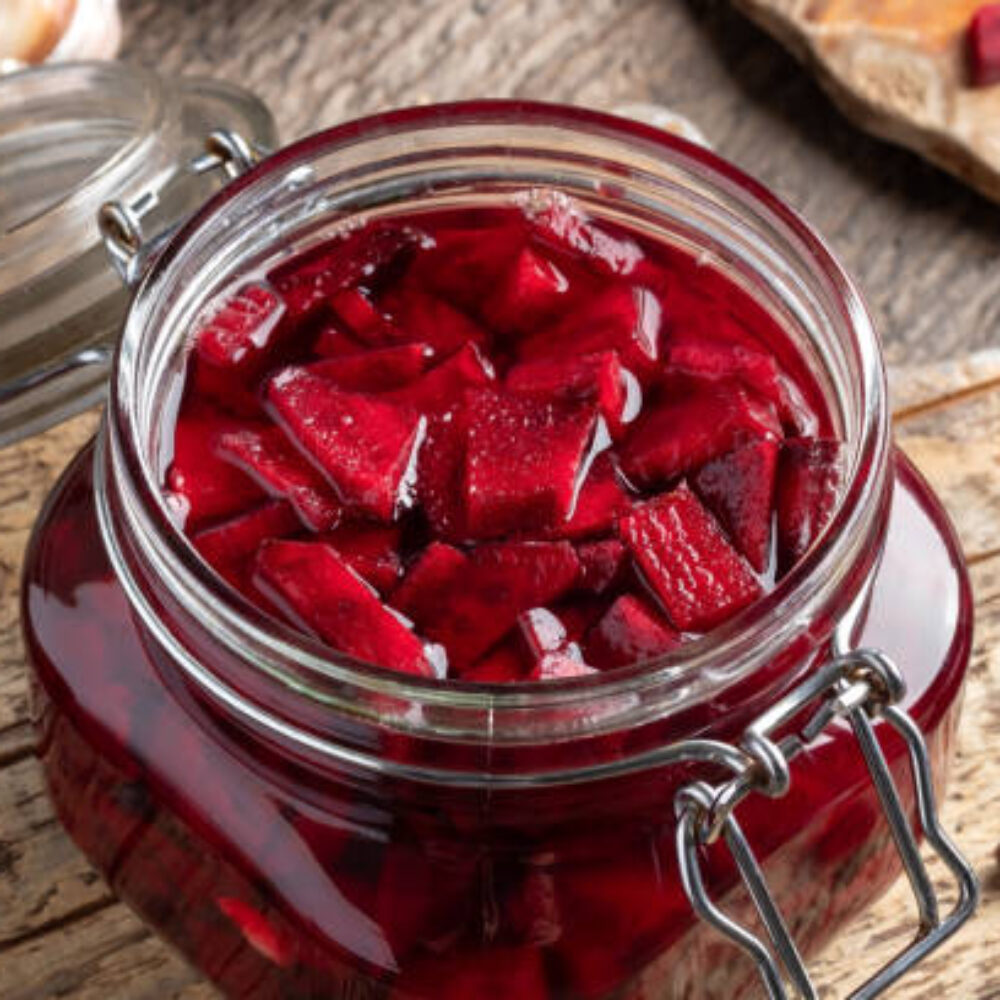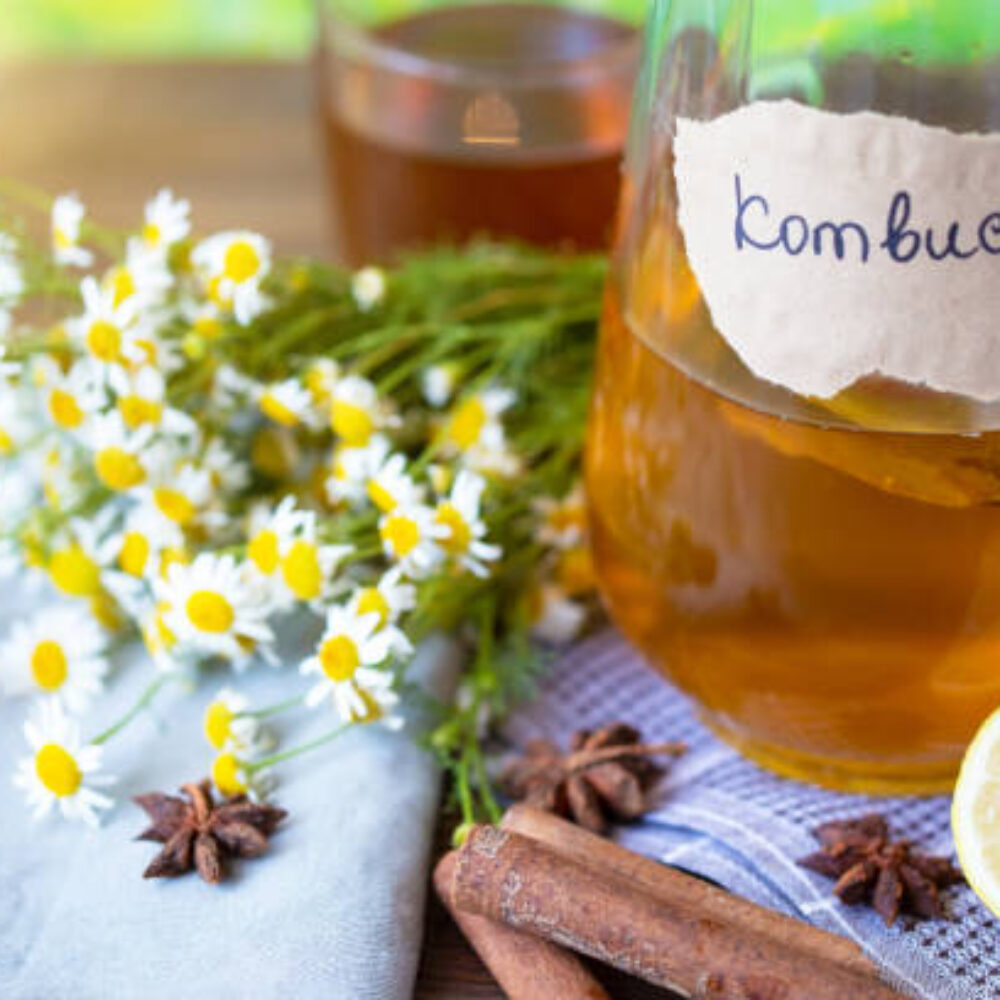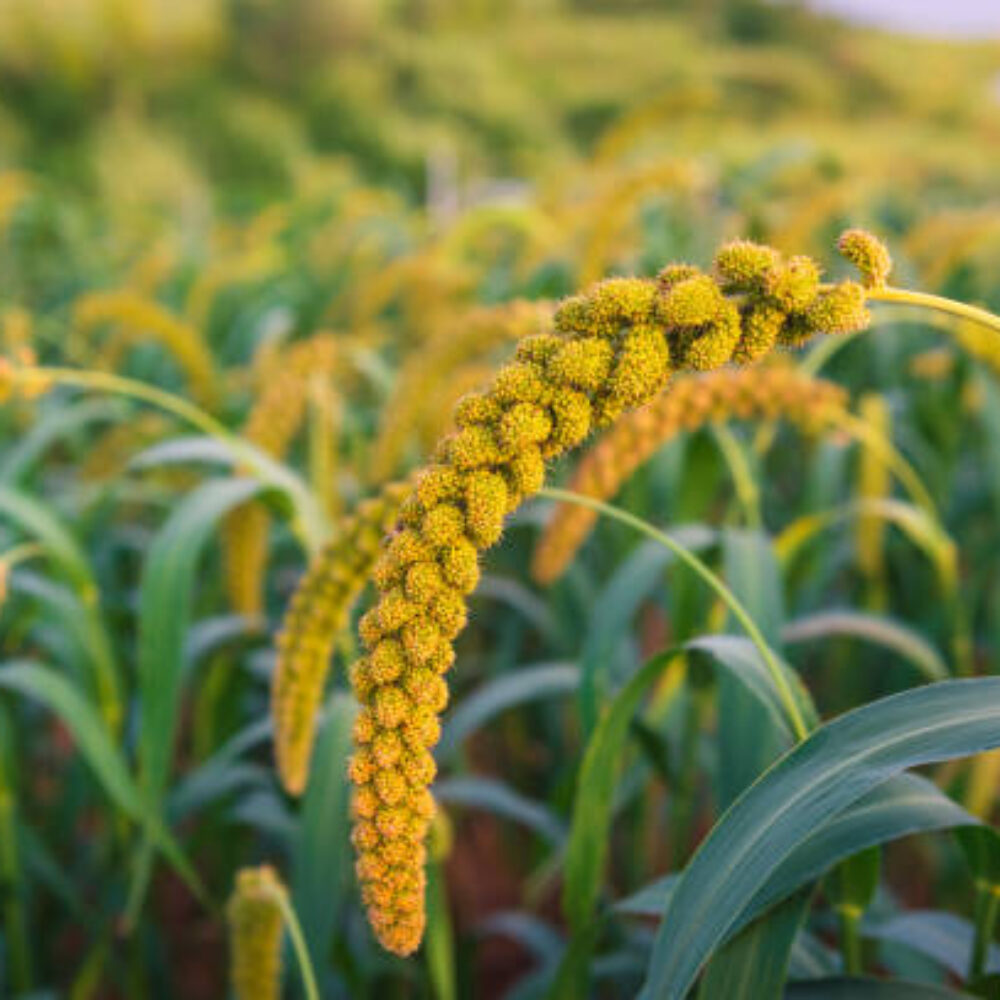Spirulina juice is very beneficial not only for gut health but also for overall health. Here, we share details about spirulina, its benefits, and how to make green juice with spirulina.
What is spirulina?
Spirulina is a type of Arthrospira, a blue-green algae found worldwide in fresh and marine water. It is entirely natural and has a greenish color.
This food became more famous when NASA used it as a dietary supplement for astronauts on space missions.
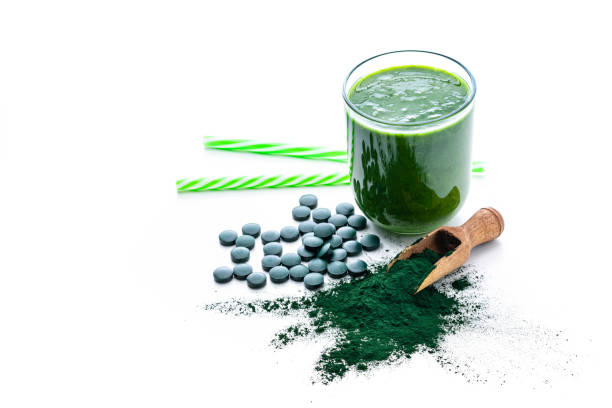
Nutritional values of spirulina (per 100 grams)
Spirulina contains many nutrients, which are considered it as a superfood. Here, we share the nutrient value of spirulina per 100 grams.
Nutrient |
Amount per 100g |
% Daily Value (approx.) |
|---|---|---|
| Calories | 290 kcal | 14% |
| Protein | 57.5 g | 115% |
| Total Fat | 7.7 g | 10% |
| Saturated Fat | 2.7 g | 14% |
| Carbohydrates | 23.9 g | 8% |
| Dietary Fiber | 3.6 g | 14% |
| Vitamins | ||
| Vitamin A (as Beta-carotene) | 29,900 IU | 598% |
| Vitamin B1 (Thiamin) | 2.38 mg | 159% |
| Vitamin B2 (Riboflavin) | 3.67 mg | 216% |
| Vitamin B3 (Niacin) | 12.82 mg | 64% |
| Vitamin B6 | 0.36 mg | 18% |
| Vitamin C | 10.1 mg | 17% |
| Vitamin E | 5 mg | 33% |
| Minerals | ||
| Calcium | 120 mg | 12% |
| Iron | 28.5 mg | 158% |
| Magnesium | 195 mg | 49% |
| Phosphorus | 118 mg | 12% |
| Potassium | 1363 mg | 39% |
| Zinc | 2 mg | 13% |
| Sodium | 1048 mg | 44% |
| Other Nutrients | ||
| Gamma Linolenic Acid (GLA) | 1,000 mg | – |
| Chlorophyll | 1,200 mg |
Notes:
- Percent Daily Values (%DV) are based on a 2,000-calorie diet.
- Actual nutritional content may vary slightly based on the source and cultivation process.
- Spirulina is primarily known for its high protein content and essential amino acids, making it a complete protein source. It also contains powerful antioxidants like phycocyanin.
Benefits of Spirulina:
First, you need to modify your lifestyle by avoiding processed and oily foods, eating natural food in moderation, fasting, exercising, practicing mindfulness and relaxation, and spending time in nature.
When you follow these principles, Spirulina can provide additional benefits. With a healthy lifestyle, the benefits of Spirulina will be fully realized.
Spirulina increases healthy Lactobacillus in our intestines. Lactobacillus is a very important prebiotic for our gut.
To improve our microbiome, we need prebiotic fiber. Consuming Spirulina works as a good prebiotic fiber and increases good gut bacteria.
Nowadays, due to unhealthy lifestyles, sugar substitutes, and antibiotics, our gut microbiome can be destroyed. Processed foods also harm our gut microbiome.
A healthy gut microbiome is essential for our gut health and for boosting our immune system. Spirulina can help us grow good gut bacteria.
Some of the spirulina benefits are:
- Decreased allergic reactions
- Reduced allergic rhinitis
- Boosted immune system
- Increased hemoglobin
- Improved lipid profile and HBA1c
- Decreased triglycerides and increased HDL
- Increased C-phycocyanin antioxidant
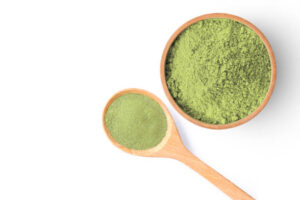
Making spirulina juice:
Drinking green juice with spirulina is very healthy for our gut. Here we share the recipe:
Ingredients for spirulina juice:
To make this green juice, we need:
- Lettuce leaves
- Mint leaves
- Holy Basil (Ocimum tenuiflorum)
- Half a carrot
- Spinach
- Coriander leaves
- Thankuni plant (Indian pennywort or Centella Asiatica)
- Sour yogurt (When you start drinking this green spirulina juice, avoid sour yogurt due to sugar. After 2-3 weeks, you can add sour yogurt.)
These ingredients have antioxidant properties, prebiotic fiber, and detoxifying qualities. To add energy, include:
- Organic Spirulina powder
- Organic coconut oil (provides energy and helps absorb vitamins)
- Cumin, pepper, clove, and almonds (2-3 pieces of each)
- 1 or 2 dates
- Organic maca powder
When you combine these ingredients, you’ll get a green juice spirulina that also provides energy. It contains prebiotics, probiotics, and is a good source of beneficial gut bacteria.
You can also make this drink using just the leaves mentioned above, but adding the energy-boosting ingredients will make you feel more energized.
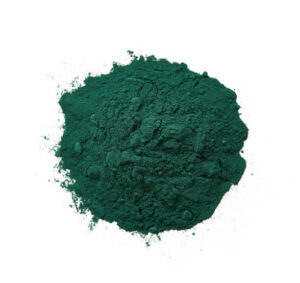
How to prepare spirulina juice it:
- Blend all the ingredients and add water as needed.
- After blending, add some pink salt and lemon for a better taste. You can drink this juice while fasting—it will remove your tiredness.
All diseases stem from our stomach, so detoxifying is very important. We must remove toxins from our gut and body, eliminate harmful bacteria, and increase good gut bacteria. Keeping our stomachs healthy is crucial.
Frequently Asked Question
When to drink this spirulina juice?
The best time to drink this juice is in the morning. You can also drink it in the evening, but the morning is ideal. Drinking it in the morning will keep you energetic throughout the day.
Does spirulina benefits skin?
spirulina has many benefits for the skin. It contains proteins, vitamins, minerals, and antioxidants that can improve skin health.
- Spirulina is rich in antioxidants like phycocyanin and beta-carotene which help combat free radicals that can cause premature aging. It increases skin elasticity and reduces the appearance of fine lines and wrinkles
- Spirulina has chlorophyll, which helps detoxification by removing toxins and impurities from the skin, making it clear and radiant.
- Its high protein and essential fatty acid content can help maintain the skin’s moisture barrier, preventing dryness.
- The anti-inflammatory properties of spirulina can help reduce redness, swelling, and acne. It also contains gamma-linolenic acid (GLA), which has soothing effects on the skin.
- Spirulina improves cell turnover and rejuvenation, helping to fade dark spots and improve overall skin tone.
- Antioxidants in spirulina can protect the skin from oxidative stress caused by sun light, and curtail the risk of sun damage.
How to Use Spirulina for Skin:
- Mix spirulina powder with water, honey, or yogurt to create a mask.
- Adding spirulina to smoothies or meals can improve overall skin health from the inside out.
Who Should Not Use Spirulina?
Spirulina is generally safe for most people, but some individuals should avoid it or consult a healthcare provider before using it. People with autoimmune diseases, allergies to algae or seafood, phenylketonuria (PKU), pregnant and breastfeeding women, those on blood thinners or with bleeding disorders, and individuals with kidney or liver disease should consult a healthcare provider before using spirulina.
Relevant Researches
1.Spirulina and Gut Health
Effect of Spirulina on Gut Microbiota and Immune Function
This research highlights spirulina’s prebiotic properties and its role in improving beneficial gut bacteria such as Lactobacillus and Bifidobacterium.
Impact of Spirulina on Gut Inflammation and Immune Modulation
Spirulina’s phycocyanin has been shown to reduce gut inflammation and improve immune function by controlling the gut microbiota.
2. Nutritional Value and Antioxidant Properties
Nutritional Profile and Health Benefits of Spirulina
Detailed analysis of spirulina’s high protein content, vitamins, minerals, and antioxidants, including phycocyanin and beta-carotene, and their health impacts.
Role of Phycocyanin in Antioxidant Activity
It focuses on the antioxidant properties of phycocyanin in spirulina, which help fight oxidative stress and inflammation.
3. Spirulina and Skin Health
Antioxidant and Anti-inflammatory Benefits of Spirulina on Skin Health
Demonstrates spirulina’s role in reducing and improving skin elasticity and hydration.
Chlorophyll and Its Skin Detoxification Properties
Know chlorophyll’s role in detoxifying the skin and improving clear, radiant skin.
4. Spirulina’s Role in Immunity and Inflammation
Spirulina and Immune System connection
Details about how spirulina boosts immune cell activity and reduces markers of inflammation.
Anti-Allergic Effects of Spirulina
Research on how spirulina removes symptoms of allergic rhinitis and reduces histamine release.

